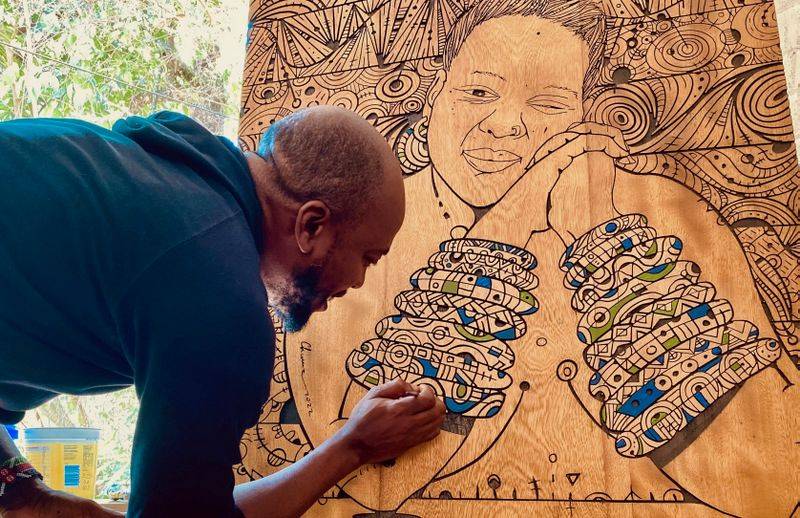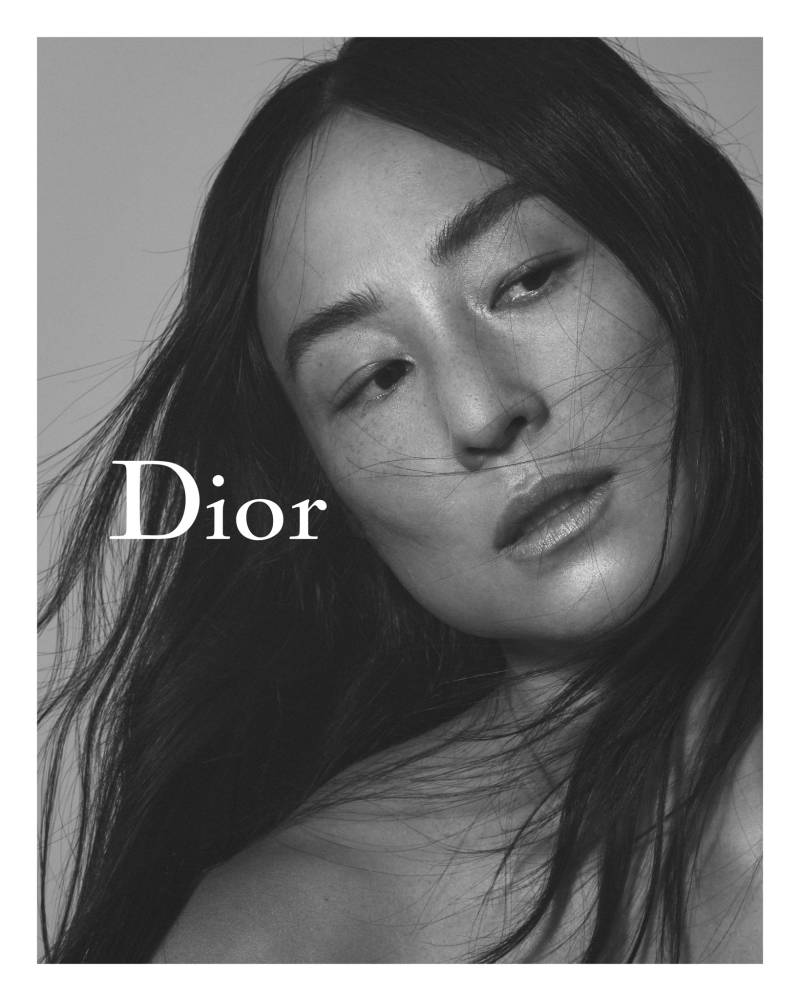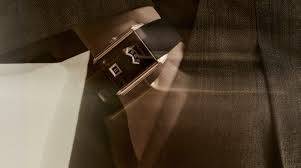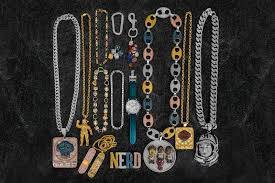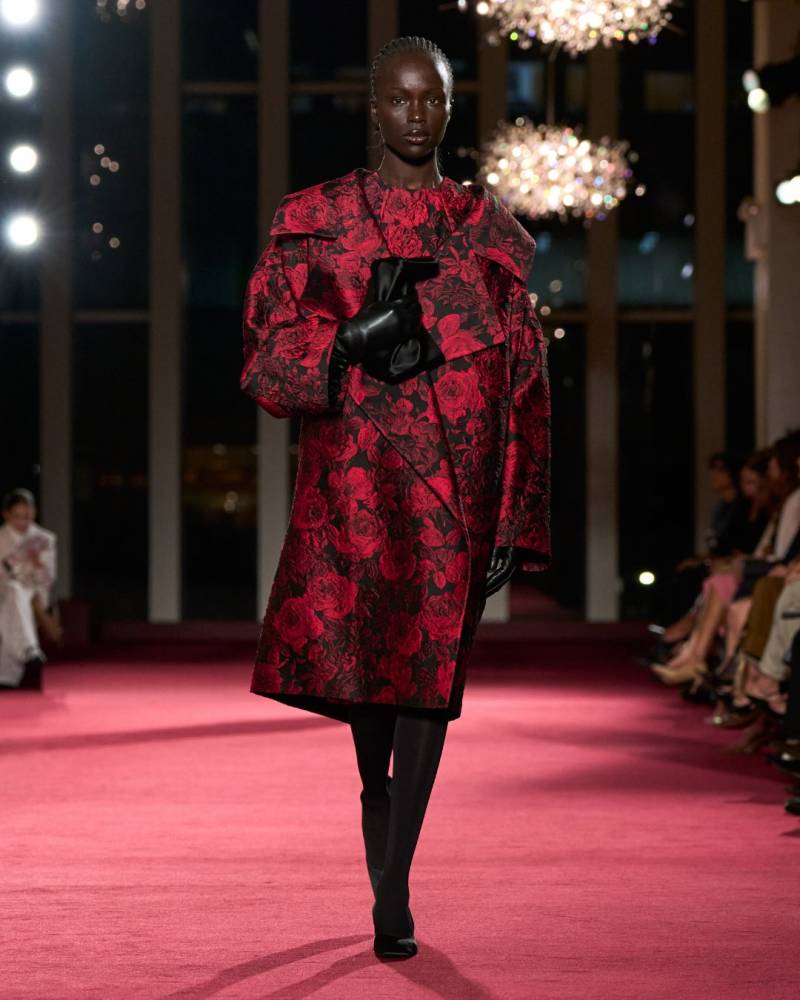In a workshop in Nairobi, Chuma Anagbado gently squeezes a trigger to send high-pressure air through grooves made by a drill bit. Hundreds of hours steeped in trial-and-error have led Anagbado here, crouched over a computer-controlled cutting machine known as a CNC router, as it carves out his latest piece, “Ola Aka.” “Ola Aka” means “bangles” in Igbo. Anagbado is a Nigerian artist and entrepreneur who works in many different mediums. He has always wanted to combine his love of digital art with his background in sculpture and painting. So, before making the piece real, Anagbado turned “Ola Aka” into a non-fungible token (NFT). This means that the artwork has been verified using blockchain technology and is now a collectible on the internet.
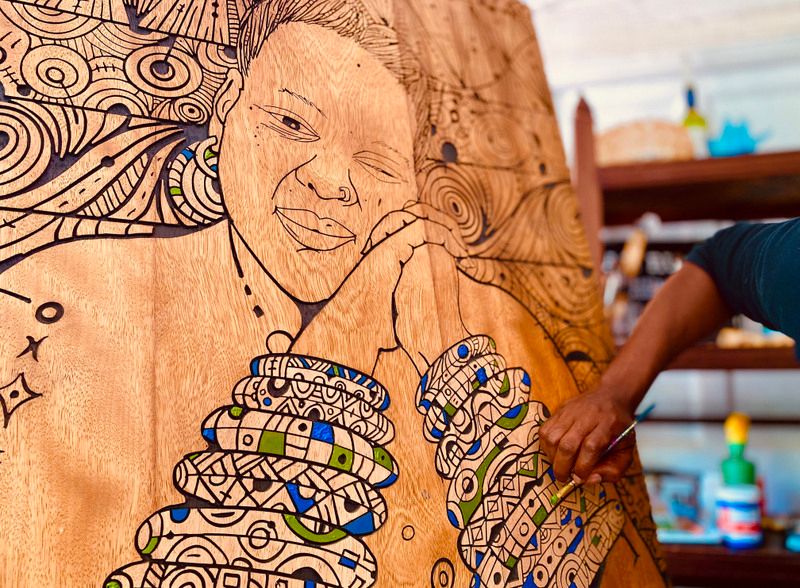
He knows how important this part of Anagbado’s creative journey is. “It’s quite exciting because we now have African artists embracing digital fabrication as part of the entire process. It’s been going on globally for I don’t know how long, but we’re just catching up to it now. It opens up a lot more ways for African artists to express themselves,” Shitakha said. Artists like Anagbado point to several factors that underpin their adoption of digital expression. Top internet-based NFT platforms like Opensea, Magic Eden, and Rarible present an opportunity to market beyond traditional borders. One of the most important reasons is that these platforms make it possible for verified payments to be made on well-known blockchains like Ethereum, Solana, and Polygon using the cryptocurrencies associated with those blockchains.
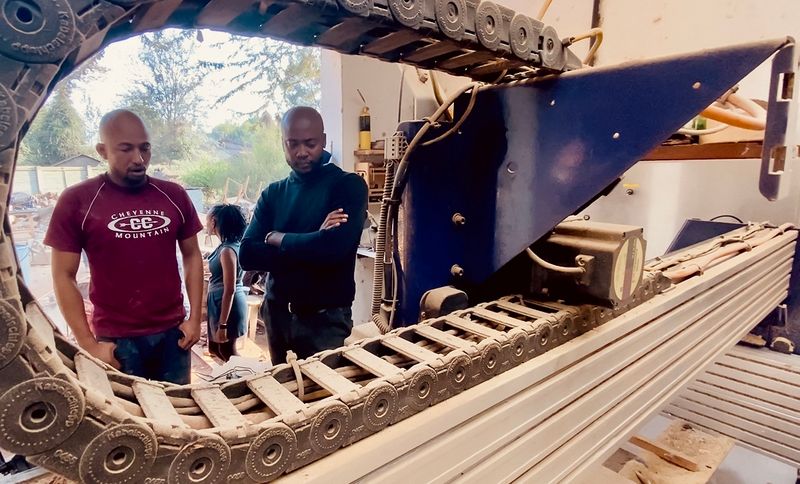
Related article - Rally: Passion-Led Investing
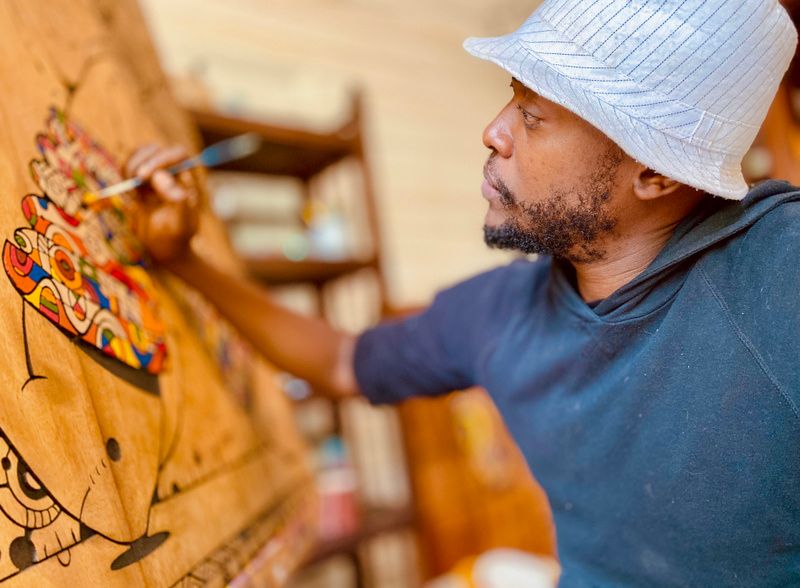
“I wanted to tell a story about jewelry and how we wear it as Africans. I took inspiration from pictures I saw as a child of women with beads and bangles. I was conversing with a friend, and she just gave an expression. I captured it and added other things, like the bangles and the pattern. Once that part was done, it was good to go as an NFT,” Anagbado says as the CNC whirs and hums nearby. It took over eight hours to etch “Ola Aka” into the Mvule wood panel that Anagbado chose for the piece and process it to hold acrylic paint. The finished work was the first of his new series, which he describes as “phygital.” Phygital is a concept that is becoming more popular around the world. It can be defined as “using technology to connect the digital world with the real world to give the user unique interactive experiences.” “In my moments of solitude, I thought, ‘It is all actually one thing. It is one expression. one piece that exists on both planes, physically and digitally. What I have done is expose my work on both platforms. If you buy the NFT, you get the physical piece shipped. If you buy the physical piece, then I just transfer the NFT to your wallet,” Anagbado explained. Mark Shitakha is the owner of The Willowbough Collective, the custom woodworking company that makes Anagbado’s collection real.
